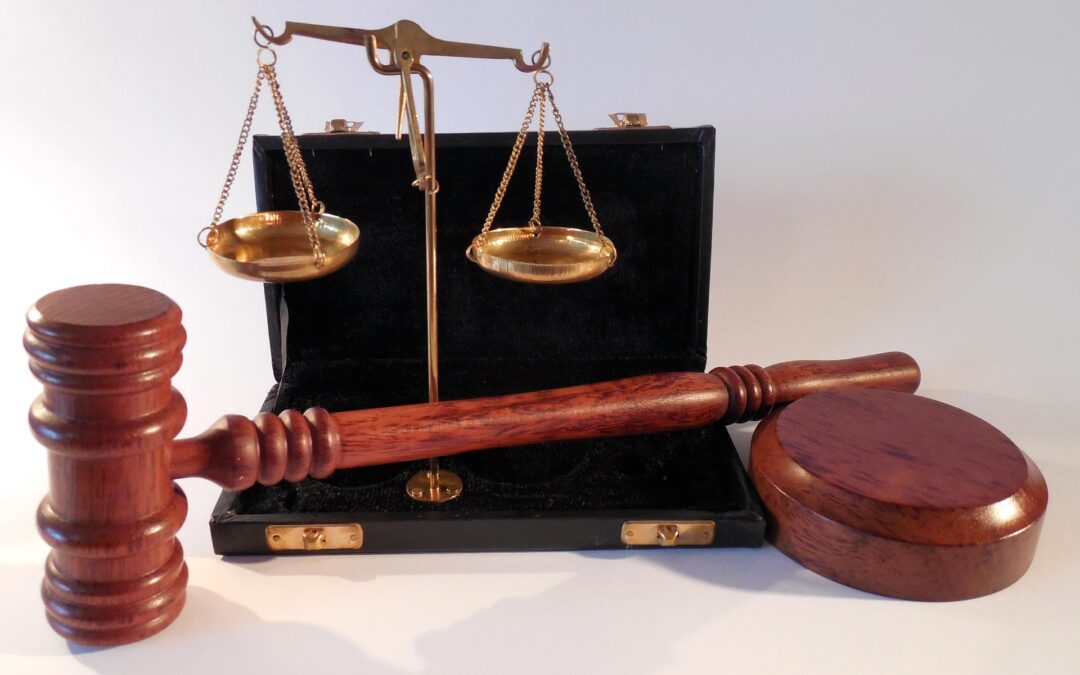Excise duties are a form of state levy imposed on specific goods with particular characteristics, as regulated under the applicable laws and regulations.
In Indonesia, the legal framework governing excise duties is set out in Law No. 39 of 2007, which amends Law No. 11 of 1995 on Excise (“Excise Law”). This law provides the legal basis for excise collection, defines excisable goods, and outlines the calculation mechanisms. The primary objectives of excise duties are to regulate the consumption of specific goods, monitor their distribution, and enhance state revenue through a fair and proportional taxation system.
According to Article 1(1) of the Excise Law, excise duty is defined as a state levy imposed on particular goods with special characteristics as determined by law. These excisable goods, referred to locally as Barang Kena Cukai (BKC), must meet at least one of the following criteria under Article 2(1) of the Excise Law:
- Their consumption needs to be regulated;
- Their distribution requires monitoring;
- Their use may have negative impacts on society or the environment;
- Their consumption requires a state levy to ensure fairness and balance.
Given these characteristics, excise duties are imposed to mitigate the negative effects of certain goods and regulate their distribution to safeguard public interests.
Categories of Excisable Goods and Purpose of Excise Duties
Under the Excise Law, excisable goods in Indonesia fall into three main categories:
- Tobacco products, including cigarettes, cigars, shredded tobacco, and other tobacco-based products widely consumed by the public. Excise duties on these products aim to curb tobacco consumption due to its adverse health effects while also contributing to state revenue.
- Ethyl alcohol (ethanol), which is used in various industries, such as pharmaceuticals, cosmetics, and alcoholic beverages. Due to its high potential for misuse, its distribution is subject to strict regulation.
- Alcoholic beverages, which contain varying levels of ethyl alcohol. The imposition of excise duties on these products aims to regulate consumption and prevent social issues related to alcohol abuse.
The imposition of excise duties on these goods is not solely for revenue generation but also serves as a policy instrument to regulate production and distribution within socially and environmentally acceptable limits.
Also read: Mengenal Jasa Perusahaan Pengurus Jasa Kepabeanan (PPJK)
Excise Duty Calculation for Excisable Goods Under Article 1(5) of the Excise Law
The calculation of excise duties on excisable goods is detailed in Article 1(5) of the Excise Law, which stipulates excise tariff rates based on the type of goods. The rates differ depending on whether the goods are domestically produced or imported, as follows:
For Tobacco Products:
- Domestically produced goods are subject to excise duties as follows:
- 275% of the base price if the base price is the factory sale price; or
- 57% of the base price if the base price is the retail sale price.
- Imported goods are subject to excise duties as follows:
- 275% of the base price if the base price is the customs value plus import duty; or
- 57% of the base price if the base price is the retail sale price.
For Other Excisable Goods (e.g., Ethyl Alcohol and Alcoholic Beverages):
- Domestically produced goods are subject to excise duties as follows:
- 1,150% of the base price if the base price is the factory sale price; or
- 80% of the base price if the base price is the retail sale price.
- Imported goods are subject to excise duties as follows:
- 1,150% of the base price if the base price is the customs value plus import duty; or
- 80% of the base price if the base price is the retail sale price.
Beyond percentage-based tariffs, Article 5(3) of the Excise Law allows excise rates to be converted into fixed nominal amounts (in Indonesian Rupiah) per unit of excisable goods or a combination of both. This flexibility enables the government to adjust excise policies in response to industry conditions and market dynamics.
Furthermore, any changes to excise rates must be approved by the Indonesian House of Representatives (DPR RI), as stipulated in Article 5(4) of the Excise Law. The government is required to outline its excise revenue targets in the State Budget Plan (RAPBN) and consider industry conditions and business interests before setting excise policies.
Through a stringent excise duty framework, the government aims to optimize excise functions in controlling excisable goods’ consumption, boosting state revenue, and protecting society and the environment from their adverse effects. Moving forward, excise policies will continue to be evaluated and adjusted to strike a balance between economic interests, public health, and environmental sustainability.
Also read: Aturan Barang Bebas Bea Masuk dalam Undang-Undang Kepabeanan
Regulation:
- Undang-Undang Nomor 39 Tahun 2007 tentang Perubahan atas Undang-Undang Nomor 11 Tahun 1995 tentang Cukai (“UU Cukai“).
